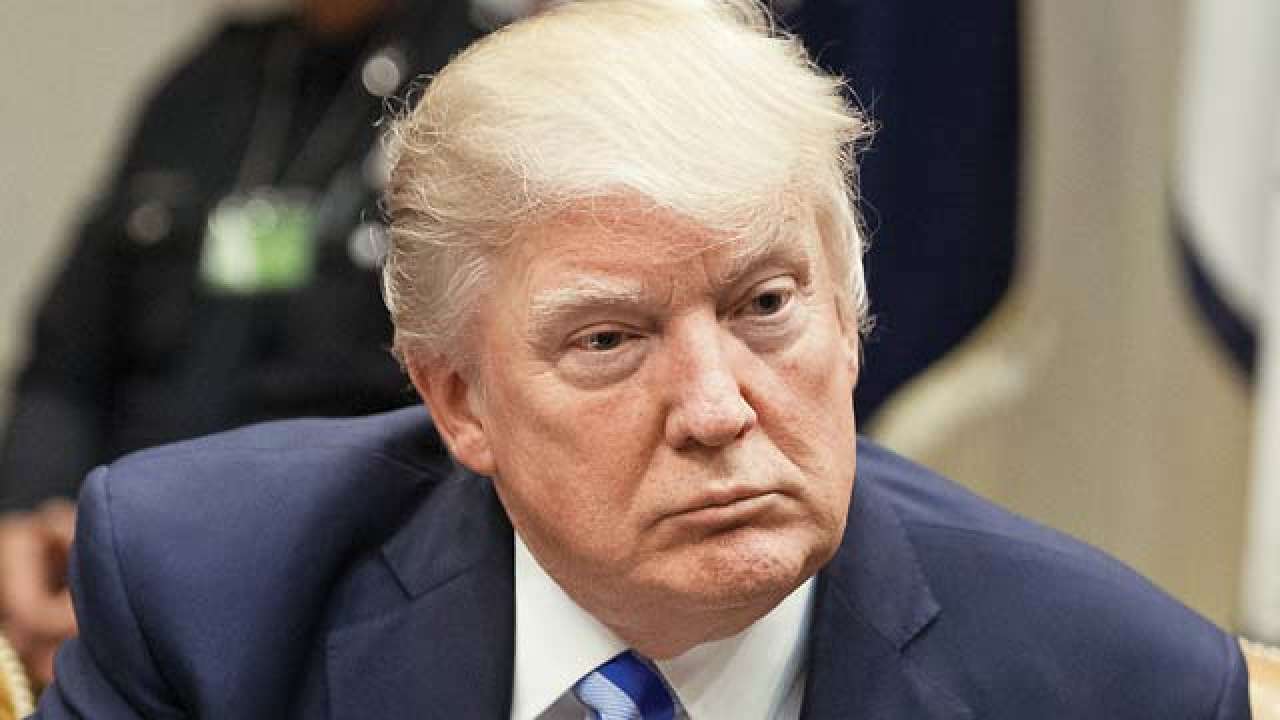
The art of maintaining bilateral relations is rooted in, among other things, hypocrisy. It is also a measure of the changing degree of warmth in an otherwise frosty relationship. The US-Pakistan dynamic — exposed to extreme weather conditions in the bilateral sphere — should be seen from this perspective. President Donald Trump’s radical departure from his predecessors’ stand towards Islamabad had given hope to the global community in general, and India in particular, that Washington has finally adopted a resolute stand against Pakistan-sponsored terrorism. That perception took a beating when the President publicly announced “starting to develop a much better relationship with Pakistan and its leaders”.
If one random act of saving a US couple from Haqqani captivity can effect such a turnaround, then it is safe to assume that the US is keen to be led up the garden path by a wily Pakistan government that has birthed and sustained terror networks over the years. If the American President’s response reflects the transactional nature of his relationship with Islamabad, as some experts claim, it should be a cause of worry for India because the US’s carrot-and-stick policy vis-à-vis Pakistan had never yielded dividends. It also poses a serious threat to a meaningful dialogue with Washington regarding anti-terror initiatives.
How can India hope to capitalise on US Secretary of State Rex Tillerson’s visit to India in the last week of October, when Trump is showing dangerous inconsistencies? On one hand, Trump wants India to play an active role in rebuilding Afghanistan, but on the other, he will display a softer attitude towards Pakistan when it capitulates to US demands as and when it suits Islamabad. This specific instance reveals that Trump puts his domestic rating — the couple’s rescue mission has improved his battered image at home — much above his grandstanding on terrorism. The dreaded Haqqani network has repeatedly targeted US and India’s interests in Afghanistan. But like other terror outfits, it is now proving to be a useful tool for Pakistan in wrangling favours from Washington, even though the Trump administration had blocked $350 million in coalition support fund to Pakistan. This could be the start of a long-term strategy by the government and Pakistan’s armed forces to gradually win over Washington.
US aid to Pakistan has averaged $1-2 billion annually since 2002, spent mainly on reimbursing the military for support in the tribal areas along the Afghan border, securing Pakistan’s nuclear arsenal, drug interdiction, and disaster relief. Though Chinese investment in Pakistan has exponentially increased in the last four years, Beijing is hardly the ally Islamabad can fall back on when it is in dire straits. Given the current scenario, New Delhi should increasingly assert its position to make Trump realise that India must not suffer because of Washington’s indecisiveness. It should emphasise on the need for a clear, consistent strategy from Washington in dealing with Pakistan’s terror antics. This plan of action cannot be held hostage to a President’s whims and fancies. New Delhi needs to repeatedly warn Washington about the pitfalls of softening the anti-terror stance.